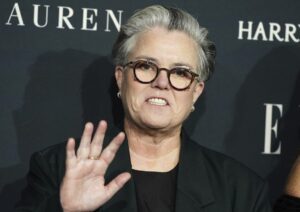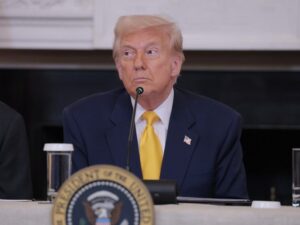
The head of the World Health Organization (WHO), Tedros Adhanom Ghebreyesus, said on Wednesday that he trusted the Trump organization would rethink its suspension of financing, however that his primary spotlight was on closure the pandemic and sparing lives.There were “stressing upward patterns” in early plagues in parts of Africa and central and South America, he said.
“Depend on it, we have far to go. This infection will be with us for quite a while,” he stated, while taking note of that pestilences in Western Europe give off an impression of being balancing out or declining.”Most nations are still in the beginning times of their plagues and some that were influenced right off the bat in the pandemic are beginning to see a resurgence in cases,” Tedros revealed to Geneva columnists in a virtual instructions.
US President Donald Trump a week ago scrutinized the WHO’s treatment of the pandemic and declared he was suspending subsidizing to the organization. US Secretary of State Mike Pompeo on Wednesday said the United States unequivocally accepts that China’s decision Communist Party neglected to report the episode of the new coronavirus in an opportune way to the WHO.
“I trust the freezing of the financing will be reevaluated and the US will by and by help WHO’s work and keep on sparing lives,” Tedros said. “I trust the US accepts that this a significant venture, to help other people as well as for the US to remain safe moreover.”
The WHO’s top crises master Dr. Mike Ryan cautioned against opening up worldwide travel too rapidly, saying it would require “cautious hazard the executives”. He noted floods in contaminations in Africa, for example, an almost 300 percent expansion in cases in Somalia in the previous week. “We are toward the start in Africa,” Ryan said. The WHO authorities encouraged nations to keep putting resources into readiness, saying that solitary 76 percent had reconnaissance frameworks to identify cases. “There are as yet numerous holes on the planet’s resistances and no single nation has everything set up,” said Tedros.
In the midst of analysis that it ought to have acted before, Tedros protected the WHO’s choice to announce a universal crisis just on January 30 – its most elevated level of alarm. Thinking back I think we announced the crisis at the opportune time and when the world had sufficient opportunity to react,” said Tedros, including that there were just 82 COVID-19 (coronavirus) cases outside of China and no passing away at that point.





